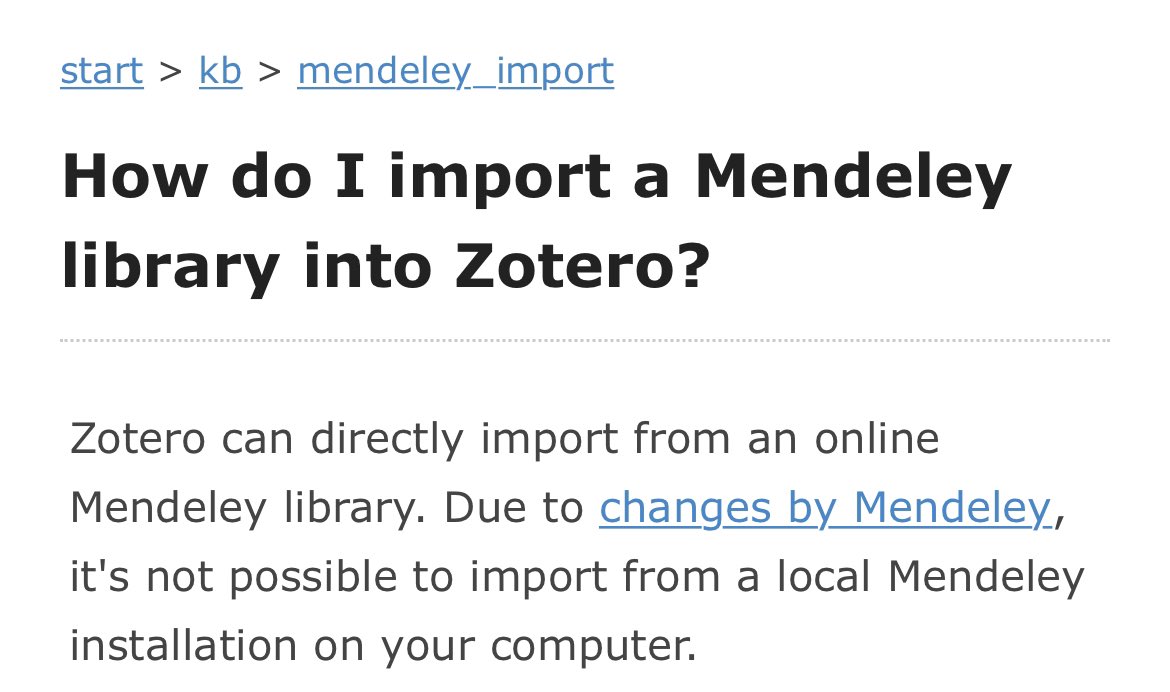
The French presidency of the Council send around a compromise text last week on arts 8-15 of the EU AI Act (some of the requirements for high risk systems). My analysis of them below: 🧵 1/
Remember that the AI Act hinges on proprietary, privately determined standards from CEN/CENELEC. The Commission always holds these are optional, but the proposal goes (further) in making it impossible to comply without buying them (~100 EUR) and referring to them. 

Scholars have long said that harmonised standards are not simply a substitute for the essential requirements laid down in legislation, but a de facto requirement. Note Art 9(3) of the AIA also makes reference to them universally compulsory. Law behind paywalls, made privately. 



Risk assessment changes further remove obligations to consider risks that emerge from 'off-label' use. This is important because in practice, AI systems may be sold for one purpose but commonly used for another, with users adopting legal risk but benefitting from weak regulators. 

Here's a good one. The French presidency have invented the "reverse-technofix" — there is now no legal obligation in a risk management system to consider risks that can't be techno-magicked or information-provided away. This is certainly innovation, and it's horrifying. 

Obligations on datasets now restrict "bias" to discrimination in Union law/health & safety — a small subset of issues that can result from misrepresentation in data. Many forms of bias that scholars have highlighted as harmful to groups do not cleanly fall within these categories 

Dataset reqs. also adapt what was already in the recitals of the EC draft to make clear that data is only free of errors "to the best extent possible" — looks like big change but concerns from (largely non-legal commentators) w the orig. text were overhyped and decontextualised. 

There was always a 'catch-all' provision which said if your AI system doesn't use training data, then apply the spirit of this section. Now just says ensure soundness of validation data. But this section also about *design choices* — these obligations fall out without a reason? 

Some will say "but AI systems need data!!". But what about using pre-built models-as-APIs, piecing together larger general purpose models that the Council wants out of scope? There's no data in that stage of the process, and no ability for providers to go up the supply chain.
Presidency add an interesting obligation for the provider to consider not just data minimisation when they make the models (already law) but with regard to future model users (not necessarily an obligation as they may not be GDPR controller at that point). 

I-Is there a European definition of a "start-up"?? This seems like a way for firms just to avoid making rigorous technical documentation — which note, is important, because that's what's uploaded in the public database for scrutiny and accountability. 

Some changes to the logging requirements but mostly just clarification and refinement, I don't see huge differences in substance here. 

Transparency provisions have been weakened in ways that will concern some: no longer an obligation to make 'interpretable output' from systems, just an obligation to make 'usable' and 'understandable' systems (not output). 

Weakening of provision designed to provide information to users on performance metrics on subgroups of the population. 

However, increase in transparency on "computational and hardware resources needed" which might allow better studies on the environmental impact of AI through the public database. 

A proportionality test is introduced in the human oversight provisions — providers can now not provide human oversight functions if to do so would be disproportionate. Nice outcome if you can get it (and they will try). 

Presidency however double down on the "four eyes" principle around biometric recognition: clarifying that systems for biometric recognition must be designed so that they are manually and *separately* verified by two natural persons. 

However that is a design requirement remember — if the Presidency choose to weaken the way law enforcement have to rely on the system instructions, this doesn't mean anything.
Some careful and welcome clarification that feedback loops have to be considered even when the outputs are not just 'used' as new inputs, but where they 'influence' them. 

That's all for now. I believe the text was given to POLITICO essentially but I keep trying subscribe to their PRO service and they won't even give me a quote. You can download it here. cloud.michae.lv/s/3rf8qyfDiENF…
And if you haven't read the original, the paper I wrote with @fborgesius on demystifying it all might help: osf.io/preprints/soca…
• • •
Missing some Tweet in this thread? You can try to
force a refresh

















